Permaculture for Refugees
Climate change, war, and natural disasters mean that people will be forced to flee from their homes and seek sanctuary more than ever.
People, materials, and methods are required to convey the means to manage, scale-up applications and learning to support vulnerable communities and those living in crowded environments. It is to be expected that Informal settlements will be on the rise.
As a group of experienced practitioners, the collective Permaculture for Refugees is united in the belief that permaculture can address the systemic relationship between economic collapse, degraded habitats, loss of relationship between people, and food security.
We became convinced that training refugees in permaculture could offer a springboard to gain confidence and access other long-term social and economic integration opportunities.
Our ultimate goal is to teach refugees to become teachers. This process depends on building mutually beneficial ecosystems between the local citizens, local NGOs, refugees, farmers and volunteers.
To achieve this, we have held a series of Permaculture Design Certification (PDC) courses to train refugees in the skills and techniques for raising their nutrition quality in gardens and animal husbandry, community building, and small-scale production units, in economic autonomy and alternatives to the market economy.
With respect to COVID-19, we are currently focused on asylum seekers and disadvantaged people’s needs to make educational content more accessible, relevant and responsive. As a collective, we are experimenting with how much structure is needed to do good work.
How can we take the first steps to offer vulnerable communities the means to manage and scale-up applications for permaculture and learning?
How might we better integrate refugees into our practices?
How much structure is necessary for participatory projects?
Bio
Marguerite Kahrl is an artist, permaculture designer and educator; her artistic practice is informed by research, activist initiatives, and participatory projects. Her projects range from on-site projects to creating relational objects that exist as artefacts with the power to change attitudes and practices. Cofounder of Permaculture for Refugees (P4R), she has played a leading role in advancing the collective. Their work aims to empower refugees to transform the places where they live into productive permaculture designed communities and enable their integration into local regions for the benefit of all.
Kahrl’s projects offer creative responses to adaptation and facilitate new relationships with people and place using models, tools and prototypes.
recommended readings or other media
- Inhabit, a documentary film about permaculture
- Living the Change, interview with Charles Eisenstein
- Bringing Permaculture to Refugee Camps, brochure
